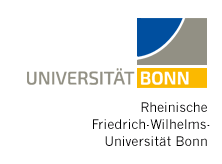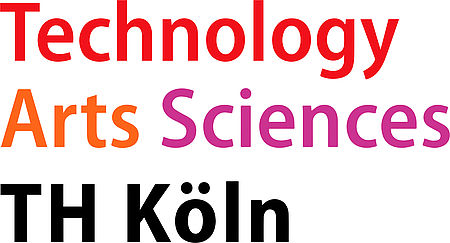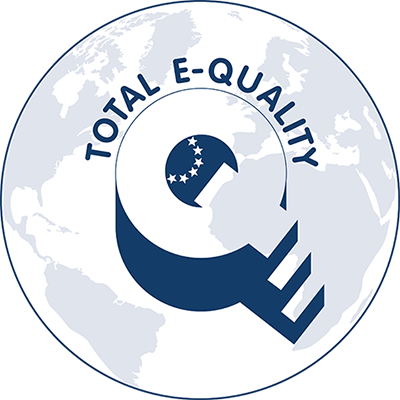A "double dose" of NACHGEFRAGT
Don't be afraid of big data! Data Literacy for Libraries.
Data literacy - is indispensable in the digitalised world, also and especially in academic libraries. This is why the new professional field of data librarian has been established. In the new episode of NACHGEFRAGT, Elke Roesner talks to Lara Schruff, one of the first data librarians at ZB MED.
Lara Schruff tells us how she came to it, what the challenges were and what knowledge and prerequisites are needed to become a data librarian - regardless of your personal nerd factor. She also gives an insight into her everyday working life. She describes how she supports her colleagues with programming skills - the magic word here is the programming language Python - and how data literacy also helps to bridge the gap between library work, IT and research.
to the video Keine Angst vor großen Datenmengen! Data Literacy für Bibliotheken. (in German with English subtitles)
Open Access vs Paid Content: What about the transformation?
The emergence of the Open Access movement some 20 years ago has changed the roles of all players in academic publishing. In an interview with Elke Roesner, Petra Labriga answers the questions of how the paradigm shift from subscription models to Open Access came about, how publishing has changed and where we stand today in the OA transformation.
In addition, the head of Strategic Licensing Management looks back at the origins of scientific publishing, its commercialisation and the resulting journal crisis. In particular, the various interests of the players involved - scientists, universities, publishers and libraries - are illuminated. The focus is on the question of why, measured against the long period of time in which attempts have been made to implement Open Access across the board, a large number of scientific and scholarly publications still lie behind a pay barrier.
to the video Open Access vs Paid Content: Wie steht es um die Transformation? (in German with English subtitles)












